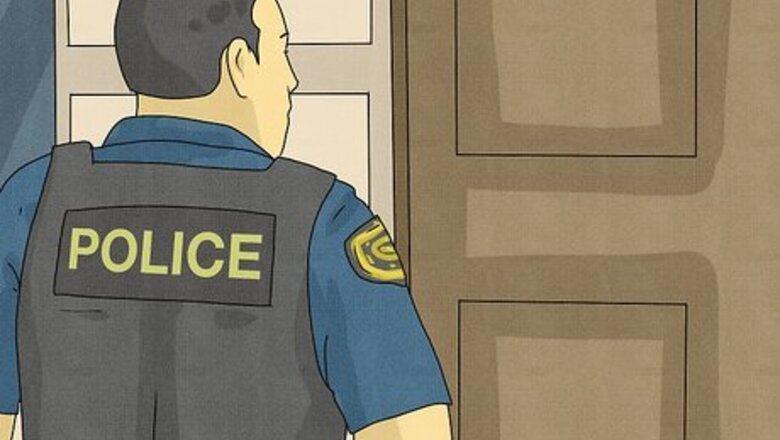
views
- Police officers perform welfare checks on behalf of concerned friends, loved ones, acquaintances, and co-workers.
- Request a welfare check by either calling 911 or a non-emergency police number.
- A consistent lack of contact, mental health crisis, and suspicious activity near someone's home all justify a welfare check.
What is a welfare check?
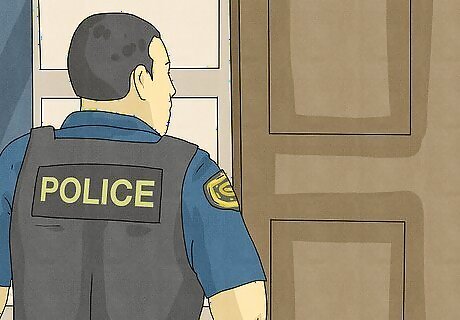
A welfare check is when a police officer physically stops by someone’s home to see if they’re okay. Regular citizens don’t actually perform welfare checks—instead, they call law enforcement and request an officer to check in on a friend, loved one, neighbor, or co-worker. Local police officers respond to the request and knock on the person’s door to see if they’re safe and doing well. Welfare checks are commonly requested for elderly loved ones and neighbors.
How to Request a Welfare Check
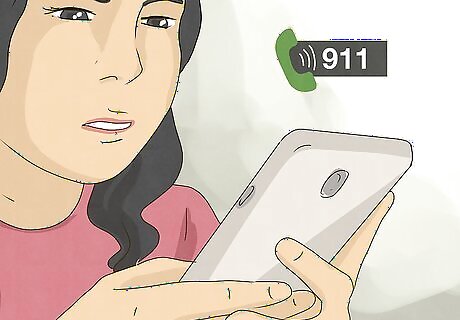
Call a local police non-emergency number or 911. Always call 911 if you suspect that the person is in active, immediate danger (like a suicidal friend or loved one). Dial the police non-emergency number for serious but not necessarily life-threatening concerns (like a neighbor you haven’t heard from in a few days). Check your police department’s website to find the non-emergency number. If you’re calling on behalf of a distant friend or relative, be sure to call their local precinct.
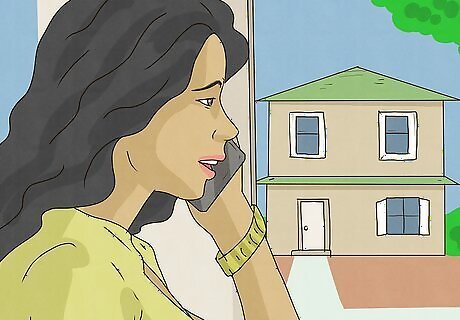
Explain who you’re requesting the welfare check for and why. Let the operator know the full name of the person you’re worried about, as well as where they live. Then, explain why you’re worried about the person in question and/or why you think they could be in danger. “I wanted to request a welfare check for my neighbor Jane Kelly who lives on 300 Apple Road. She hasn’t gotten her mail in several days and I haven’t seen her around the neighborhood at all. She’s 81, so I’m worried that she might have fallen or suffered a medical emergency.” “I’d like to request an immediate welfare check on my friend Josh Adams. He lives in apartment 17B in the Meadow Springs apartment complex on 700 Main Street. He just posted a suicide note on social media, and I’m afraid that he might take his own life.”
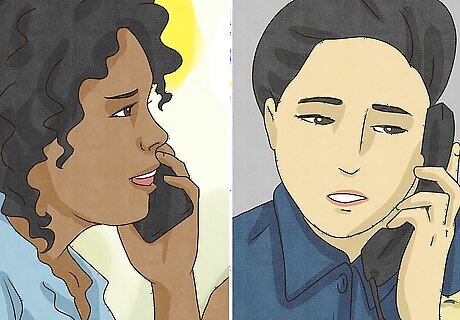
Wait to hear back from the police officers. If the welfare check goes well, law enforcement officers will likely call you back with an update. If the welfare check doesn’t go well, the officers will focus on the most immediate issue at hand. Let’s say you requested a welfare check on your elderly aunt. The police stop by and find that she’s fallen and injured herself. In this case, they’d call for medical assistance before calling you back.
What justifies a welfare check?
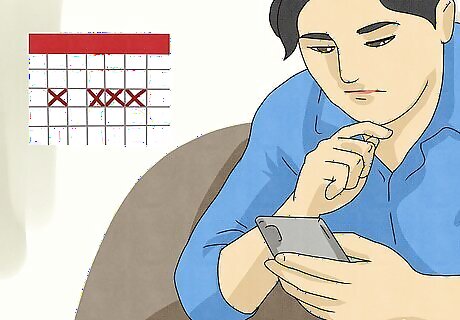
A consistent lack of contactThe occasional missed call or text isn’t necessarily a cause for concern, but a consistent lack of communication definitely is. A consistent lack of contact could include: An elderly neighbor who hasn’t left the house in days A diligent co-worker who’s inexplicably absent from work for several days in a row A responsive friend who hasn’t responded to texts or calls for multiple days
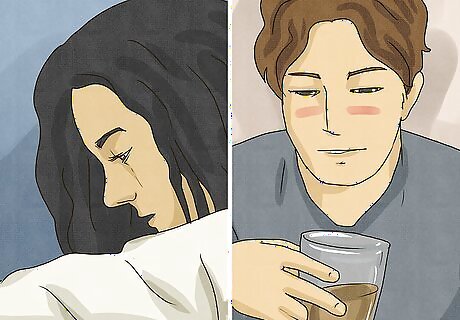
Suicide riskWelfare checks are commonly called for people displaying suicidal tendencies—this might be a concerning text, a bizarre post on social media, or a confession over the phone. An urgent welfare check can potentially save someone’s life and help them get the mental health support that they need. You can request a welfare check for a friend or loved one who’s experiencing any type of life-threatening mental health crisis. When making the call, ask if a Crisis Intervention Team (CIT) is available to help the person in need—CIT officers are best equipped to handle these types of situations.
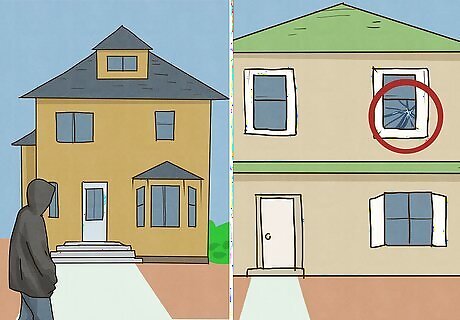
Suspicious activity near a person’s homeDoes your neighbor’s home look broken into, or do you see suspicious people prowling near their home? Call the police and request a welfare check—this allows law enforcement to quickly assist potential victims.
What happens during a welfare check?
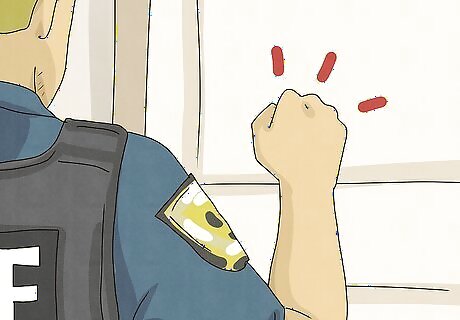
Police knock on the person’s door and see if they’re home. After knocking or ringing the doorbell, the officers will announce themselves and wait for someone to answer the door. If the person in question is fine, the police will contact the original caller with an update. Ask the police officer if you can go with them during the welfare check, especially if you suspect that the person could be having a crisis. It could be comforting for them to see a familiar face during the check-in.
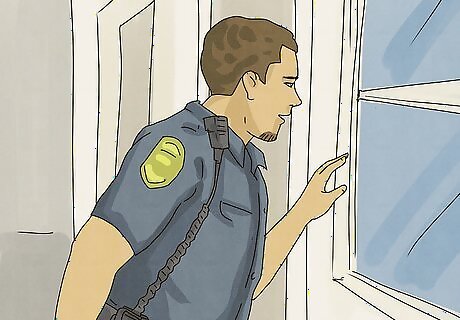
Officers investigate around the home if nobody’s around. Police may walk around the person’s home and see if they can get an idea of where the person may be and what’s going on. They may also inspect the garage/parking lot to see if the person’s car is nearby. Police officers will also check the person’s mail to see if they have any letters or packages piling up.
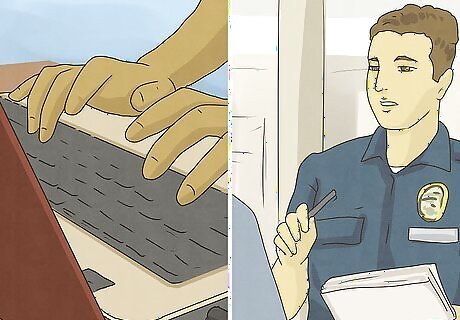
Officers collect background information and do a little research. Law enforcement might knock on neighbors’ doors, check the call history at the person’s home, and dig into the person’s medical history. In some cases, officers might check nearby hospitals and jails to see if the person is there. Police will ask neighbors if they’ve seen the person recently, or if they know about any spare keys the person might have to their home. They might also contact the person’s family and friends for this type of information.
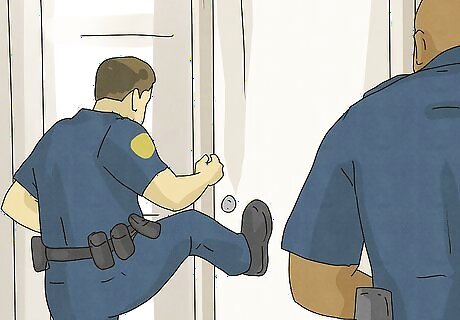
Police forcefully enter the home if they feel the situation calls for it. Believe it or not, police are allowed to enter a person’s home without a warrant if they think that person’s life or safety could be in danger. Ultimately, this decision depends on the specific situation. Police will often search for an open window or another point of entry before breaking into the home.




















Comments
0 comment